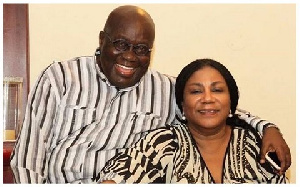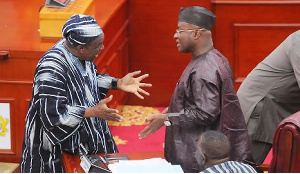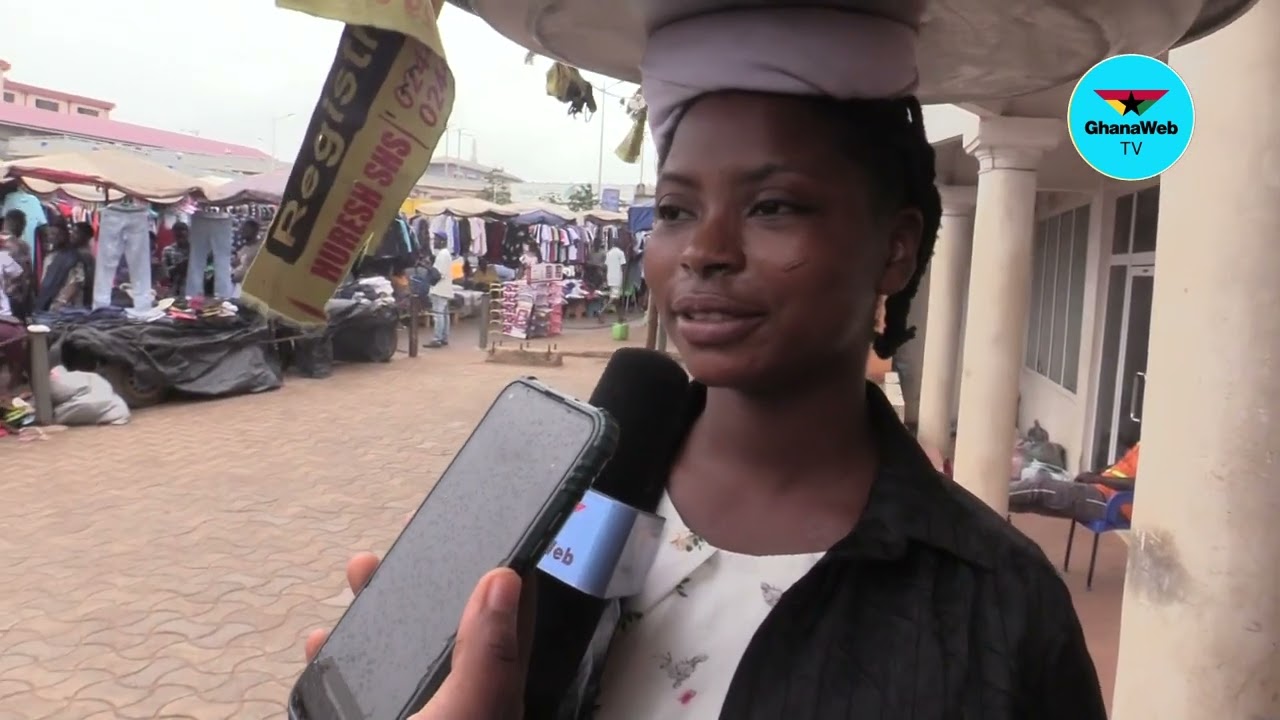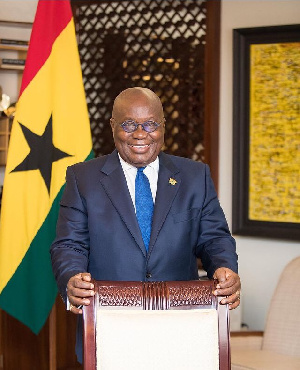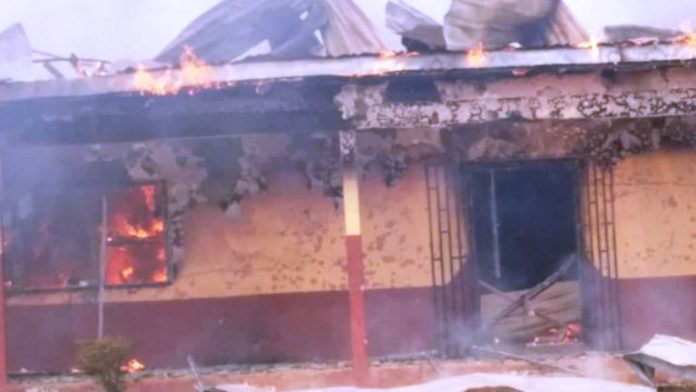Report perpetrators of sexual abuse to authorities – Police
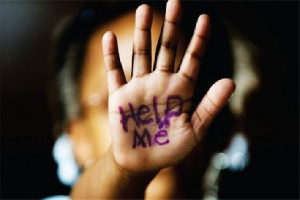
Women and girls have been asked to speak out and report people who abuse them sexually to authorities without any fear.
According to the Coordinator for DOVVSU, Weija Division, Assistant Superintendent of Police (ASP), Rosemary Vortia, many women failed to speak out about being sexually assaulted and harassed, due to shame and stereotype.
ASP Vortia said this during a Town Hall Meeting organised by Women in Law and Development in Africa (WiLDAF-Ghana) for school clubs in Accra on Wednesday.
The meeting, organised in collaboration with Care International, formed part of the 16 days of Activism against Gender-Based Violence (GBV) campaign under the theme: “Orange the World: End Violence Against Women and Girls Now.”
Its aimed at engaging boys and key stakeholders working along the access to justice pathways to deliberate on best practices to deal with rape culture and consent.
ASP Vortia said with the high number of abuse cases against girls, it was imperative to build the capacity of girls to recognise, prevent and report abuse so as to reduce prevalence rates.
She educated the girls and boys on the need to be very careful even with their guardians whilst at home or in school, and urged them to report perpetrators to the Police without fear and panic so that their lives would be secured.
“Be bold to share your problems with your parents or teachers you trust whenever you encounter such situation,” she added.
She also advised them to desist from watching pornographic materials on social media that would lure them into practicing or falling victim to sexual abuse, and rather focus on their education to become better persons in future.
The Senior Principal Public Education Officer at CHRAJ, Madam Vivian Susu Dzikunu, said the empowerment of girls and engagement of boys as agents of change to report and promote gender equality could reduce sexual violence in the society.
“Empowering girls will increase knowledge, life skills, advocacy capacity and agents of girls on sexual violence,” she added.
Madam Dzikunu said violence against women and girls were rooted in gender-based discrimination, social norms and gender stereotypes, hence the need to educate, respect and work with young boys and girls to eradicate the canker.
The National Programmes Co-Ordinator, WiLDAF-Ghana, Ms. Melody Darkey, said the programme was meant to engage boys and men in ending sexual violence against women and girls, with the focus on rape culture and consent.
She said even though GBV affects everyone, women and girls were disproportionately affected, therefore, it was important to engage boys and educate them to respect girls.
Source: ghanaiantimes.com.gh


